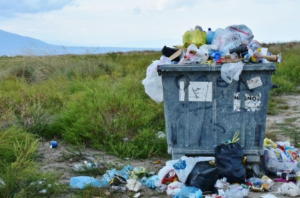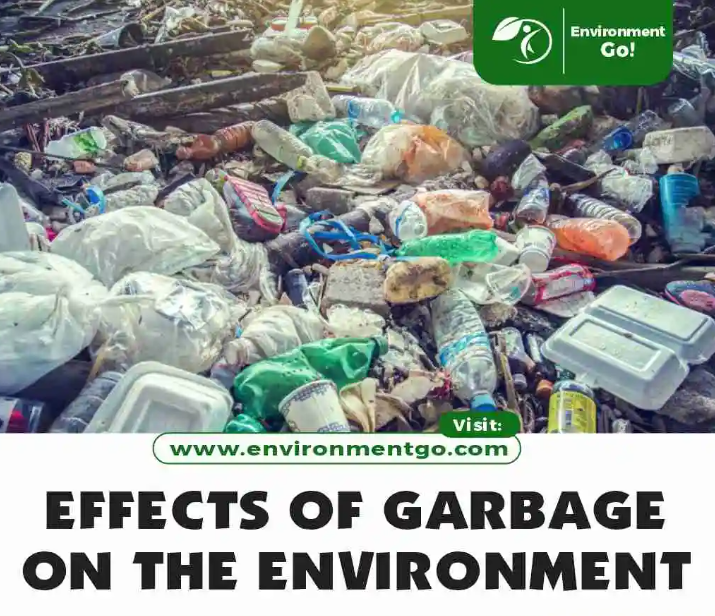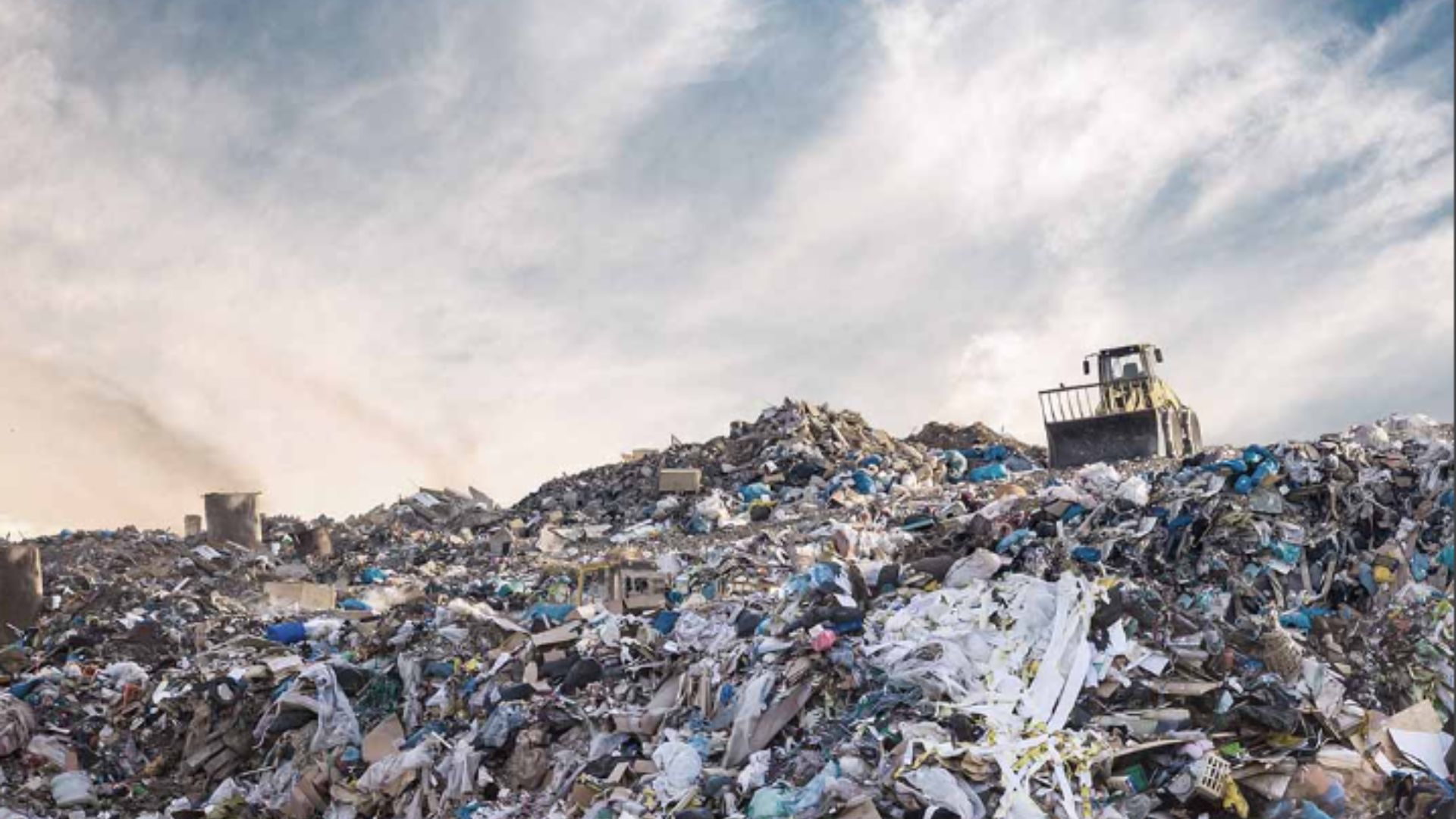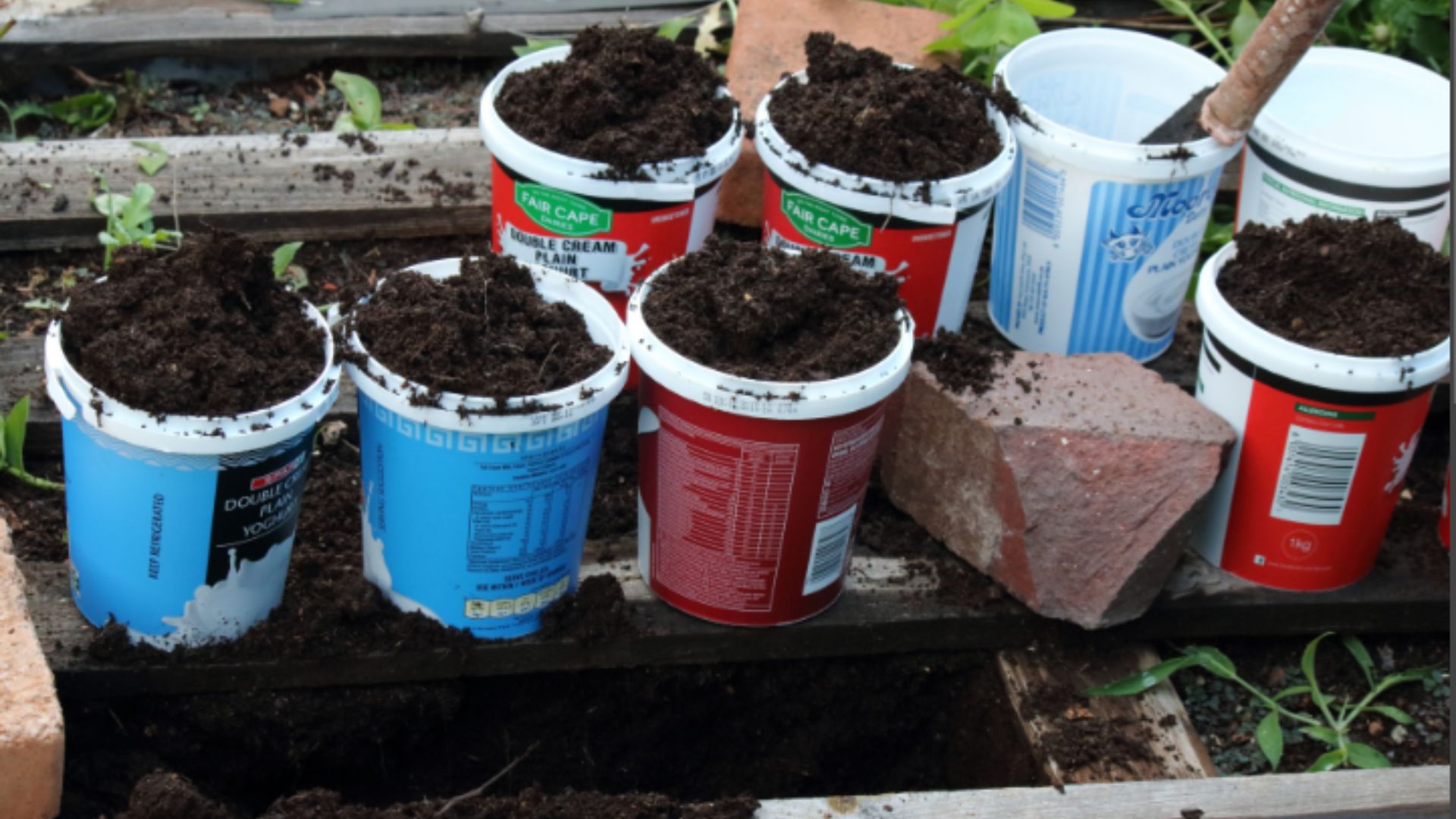The unchecked proliferation of garbage has become an escalating issue that poses multifaceted and far-reaching consequences for our environment, public health, and economy. This article delves into the detrimental effects of garbage on our world today, shedding light on the urgent need for comprehensive waste management solutions.
Environmental Degradation
The environment bears the brunt of our garbage crisis, as landfills overflow and oceans choke with plastic waste. Our ecosystems suffer as wildlife ingest or become entangled in discarded materials. Moreover, the decomposition of organic waste in landfills releases harmful greenhouse gases like methane, contributing significantly to climate change. This degradation disrupts the balance of ecosystems and undermines biodiversity, putting our planet’s fragile ecological web at risk.
Health Hazards
The hazardous components of garbage pose serious health threats to both humans and animals. Toxic chemicals from electronic waste seep into the soil and water, contaminating food sources and drinking water. Additionally, the open dumping of garbage can lead to the proliferation of disease-carrying pests like rats and mosquitoes, increasing the risk of vector-borne illnesses such as malaria and dengue fever.

Economic Consequences
The economic impact of garbage is profound and often underestimated. The costs of waste management, including collection, transportation, and disposal, are astronomical. Municipalities and governments must allocate significant resources to manage this growing problem, diverting funds from essential services such as education and healthcare. Moreover, the tourism industry, a significant source of revenue for many regions, suffers when natural beauty is marred by garbage-strewn landscapes and polluted waters.
Soil Contamination
Garbage can contaminate soil, rendering it infertile and unsuitable for agriculture. The presence of heavy metals, plastics, and chemicals in discarded materials can seep into the ground, affecting the quality of crops and food production. This not only threatens food security but also compromises the livelihoods of farmers, especially in developing countries where waste management practices may be lacking.
Water Pollution
Our water bodies bear the brunt of garbage pollution, with plastics being a major culprit. These non-biodegradable materials break down into smaller particles called microplastics, which contaminate rivers, lakes, and oceans. Marine life ingests these microplastics, leading to bioaccumulation of toxins in the food chain, eventually reaching humans who consume seafood. The detrimental effects on aquatic ecosystems reverberate through the global food web, affecting both marine biodiversity and the millions of people dependent on fisheries for sustenance and livelihoods.
Air Quality Issues
Burning garbage as a disposal method releases harmful pollutants into the air, including carcinogenic substances like dioxins and furans. This practice is not only hazardous to human health but also contributes to air pollution and respiratory diseases. Communities near waste incineration facilities are particularly vulnerable, suffering from increased rates of asthma, lung infections, and other respiratory ailments.
Conclusion
The harmful effects of garbage are far-reaching and undeniable. Environmental degradation, health hazards, economic consequences, soil contamination, water pollution, and air quality issues collectively demand immediate and comprehensive action. To mitigate this crisis, governments, industries, and individuals must prioritize waste reduction, recycling, and responsible disposal practices. Our collective future depends on our ability to address this issue, protecting the planet, our health, and the prosperity of future generations. It’s time to take action before the consequences of our garbage overwhelm us entirely.



